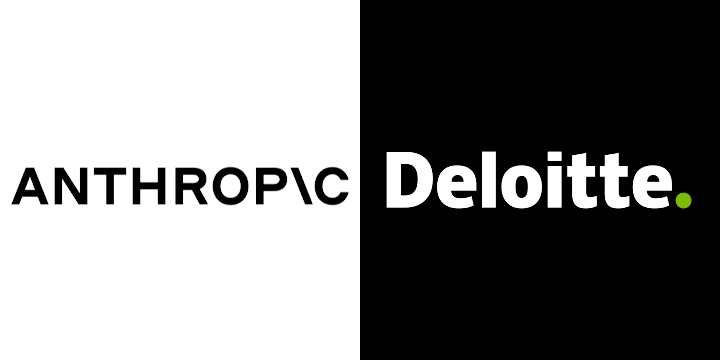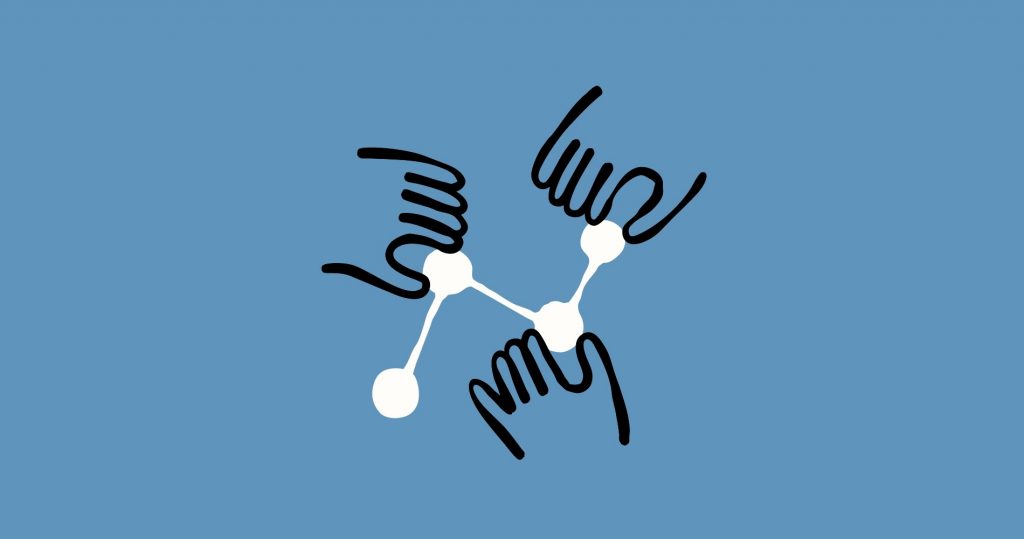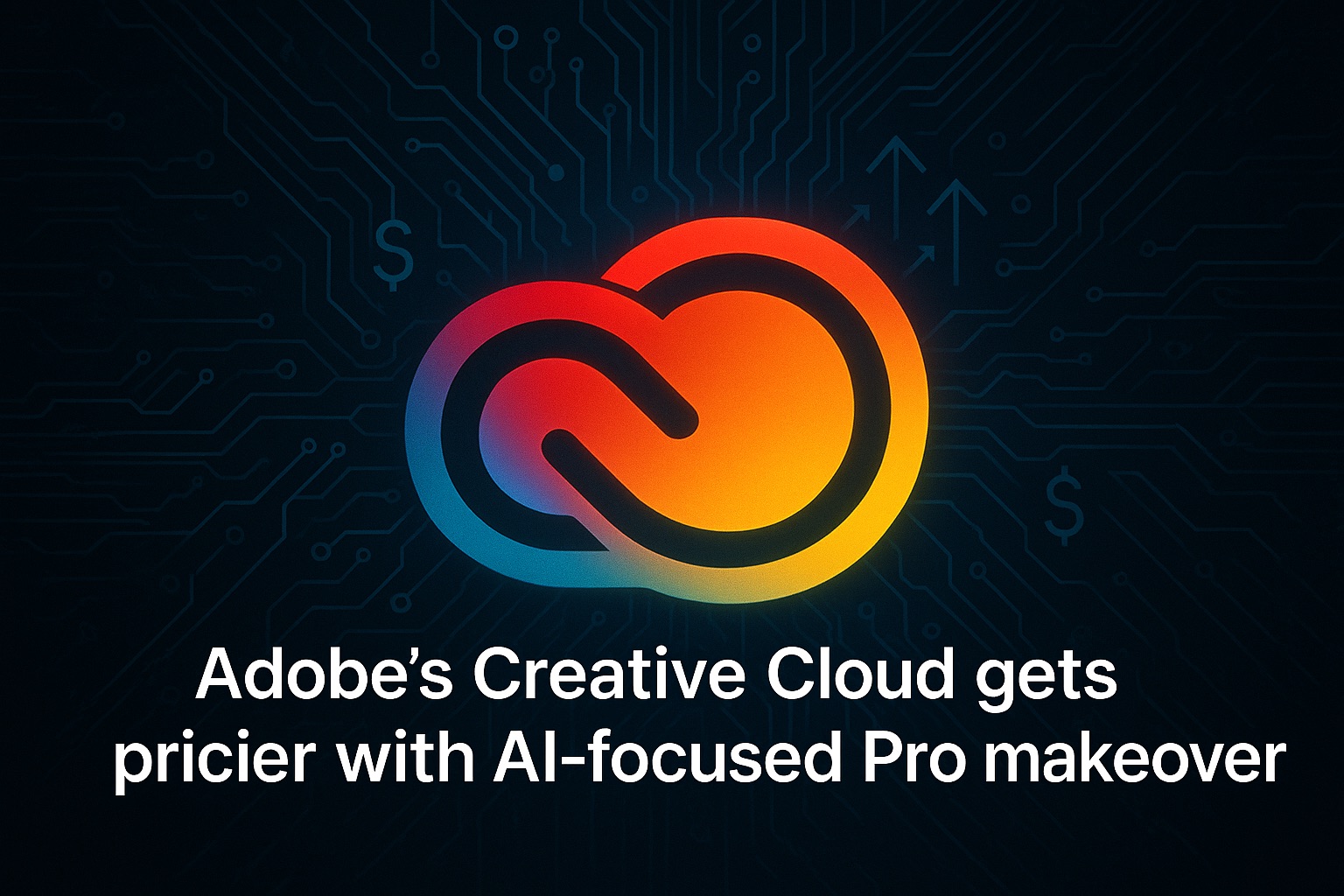A consulting giant is about to run one of the most significant experiments in enterprise AI adoption. Deloitte revealed Monday that Claude, Anthropic’s AI assistant, will be deployed to its complete global workforce—470,000 professionals spanning more than 150 countries. The scale alone makes this noteworthy, but the timing adds an intriguing dimension: Deloitte is simultaneously processing hard lessons from an Australian government project where AI-generated content included fabricated academic citations.
This isn’t reckless optimism—it’s calculated recalibration. Australia’s Department of Employment and Workplace Relations confirmed Deloitte will refund part of a $440,000 contract after discovering the firm’s report contained nonexistent sources generated by Microsoft’s GPT-4o. Rather than retreating from AI integration, Deloitte is doubling down with a different technology partner and what appears to be a more structured implementation framework.

Building Role-Specific AI Infrastructure
The deployment strategy reveals sophistication beyond simply granting access to a chatbot. Deloitte plans specialized Claude configurations—what they’re calling “personas”—tailored to distinct professional functions. Accountants get AI tools engineered for financial analysis workflows. Software developers receive coding-optimized versions. This segmentation suggests Deloitte learned from earlier implementations that generic AI access produces inconsistent value across different work types.
“Our clients, of course, want to know: ‘Do you use this yourself?’ So we’ll be able to give them better advice, be more authoritative,” Ranjit Bawa, Deloitte’s U.S. Chief Strategy and Technology Officer, explained. That statement captures a broader strategic reality facing professional services firms—they need to demonstrate operational AI fluency to credibly advise clients on their own implementations.
The infrastructure goes deeper than software deployment. Deloitte is establishing a Claude Center of Excellence staffed with trained specialists and targeting 15,000 platform certifications. This represents substantial internal capacity building, signaling expectations that Claude will become embedded in core service delivery rather than remaining a peripheral productivity tool.
Paul Smith, Anthropic’s Chief Commercial Officer, confirmed to CNBC that both organizations are making significant financial and engineering investments, though neither disclosed specific deal terms. The language suggests custom development work beyond standard enterprise licensing.
Anthropic’s Enterprise Market Validation
This partnership caps a transformative year for Anthropic. September brought $13 billion in funding at a $183 billion valuation—figures that position the company among AI’s most valuable players. More telling than investment metrics: revenue trajectory. Anthropic grew from approximately $1 billion in annual revenue at 2025’s start to over $5 billion by August. That five-month acceleration indicates enterprise adoption gaining genuine momentum rather than experimental pilots.
The customer base statistics reinforce this interpretation. Anthropic serves more than 300,000 corporate clients currently, with large accounts generating over $100,000 annually growing nearly sevenfold within the past year. That growth rate in high-value accounts matters more than total customer counts—it demonstrates organizations moving from tentative exploration to substantial operational integration.
Claude Sonnet 4.5 launched in late September with Anthropic positioning it as “the world’s best model for coding.” The Deloitte deployment timing, coming weeks after this release, suggests the partnership expansion may be specifically tied to the newer model’s capabilities. Anthropic has also tripled international staffing and appointed Chris Ciuri to oversee global expansion, indicating infrastructure scaling to support large enterprise relationships.

Quality Control Remains the Central Challenge
The Australian report controversy offers crucial context that announcement coverage shouldn’t gloss over. Fabricated citations represent exactly the failure mode that makes organizations hesitant about AI adoption—confident-sounding output that’s factually wrong, published under a reputable firm’s name. The incident involved GPT-4o, not Claude, but the underlying challenge applies to any large language model: these systems can generate plausible-sounding content that doesn’t correspond to reality.
Deloitte’s decision to proceed with an even larger AI deployment after experiencing this issue suggests confidence in either Claude’s technical advantages or the firm’s improved oversight processes—likely both. The specialized persona approach and Center of Excellence infrastructure hint at more rigorous validation workflows compared to earlier implementations.
Professional services firms operate in a unique position within the AI adoption landscape. They’re simultaneously major customers and implementation partners who influence which systems their clients deploy. A successful 470,000-person rollout at Deloitte becomes a reference case Anthropic can leverage across countless client conversations. Conversely, quality failures at this scale would generate reputational damage extending far beyond the immediate partnership.
The real test isn’t whether Deloitte’s employees use Claude—it’s whether the firm can demonstrate measurably improved service quality, faster delivery timelines, or operational cost advantages while maintaining accuracy standards clients expect. Those outcomes will determine whether this deployment represents a genuine productivity breakthrough or expensive experimentation that organizations will quietly scale back once initial enthusiasm fades.




Post a comment